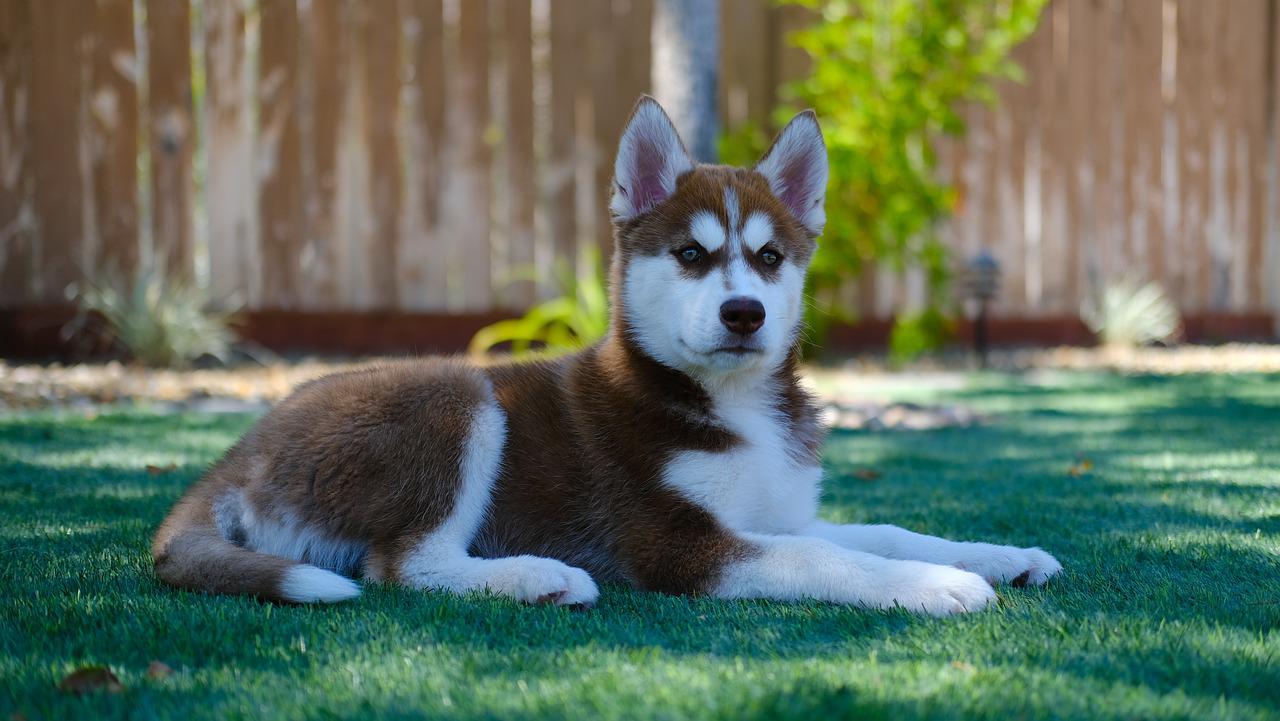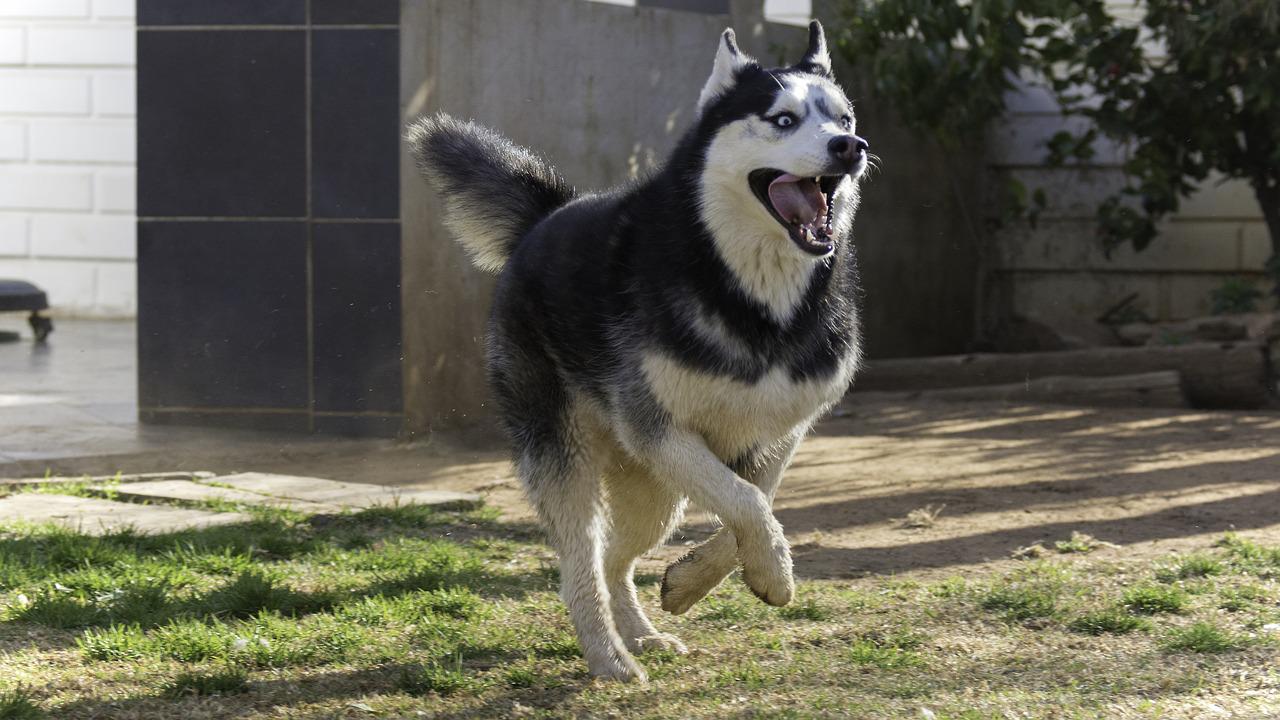A black Alaskan Husky is an affectionate, playful breed. Just like any other dog, this breed must be given regular exercise and psychological stimulation. This is an essential aspect of black alaskan husky care, as your new friend is likely to develop bad behaviors if you don’t provide enough mental stimulation. Keep in mind that you should never over-train a black alaskan husky; simple walks around the block are not enough.
Symptoms of a black alaskan husky
The Alaskan Husky is an active and intelligent dog. The breed originated from the arctic region of North America. Because of its sled-pulling heritage, it needs vigorous exercise and mental stimulation. A typical daily exercise regimen for an Alaskan Husky includes two 20-minute brisk walks, jogging for an hour, and daily playtime. You can even jog alongside your bike ride.
Another common problem in Alaskan Huskies is laryngeal dysplasia, a defect in the canine larynx. During heavy breathing, this condition causes distress, resulting in decreased exercise. Because this condition affects the dog’s ability to breathe properly, the breed is often rehomed. In addition, the dog may have a recurring ear infection, and exhibit unexplained weight gain.
Health risks of an Alaskan Husky
One of the most common health risks of an husky is hypothyroidism, a condition in which the dog’s body fails to produce enough thyroid hormone. Symptoms include a tendency to lose hair and dry skin, susceptibility to certain skin diseases, weight gain, and fearfulness or aggression. Your veterinarian can help diagnose this condition by performing regular blood screenings. If your Husky shows any of these symptoms, it should be evaluated right away. If necessary, a veterinarian can prescribe medicine to help lower the pressure.
Other health issues to be aware of include seizures and epilepsy. This disease is genetic, and the symptoms typically develop in juveniles and young adults. It is fatal for affected dogs. While the condition is usually curable, you may want to avoid breeding dogs with the disorder. Signs of AHE include seizures, difficulty walking or eating, and visual problems. This disease is inherited as a simple autosomal recessive trait.
Size of an Alaskan Husky
An Alaskan Husky is an affectionate, loyal and devoted pet. Their temperament and energy levels differ greatly from those of their Siberian cousins. They have a more durable genetic make-up and are capable of longer work hours than Siberian Huskies. They weigh between forty-five and sixty pounds. Compared to the Siberian Husky, an Alaskan Husky weighs between twenty-five and sixty pounds, depending on its size and coat.
The Alaskan Husky’s double coat is designed to withstand the cold, and is an excellent choice for working in the outdoors. Because of the coat’s double-layer structure, the Husky keeps its body temperature steady. It also protects its skin from damage. The outer layer is dense and coarse, while the undercoat is soft and supple. Although Alaskan huskies require regular brushing, they are more prone to weight gain than other breeds.
Keeping an Alaskan Husky healthy
Keeping an Alaskan Husky healthy and happy requires special attention and care. This hardworking breed requires plenty of exercise. Lack of exercise can lead to destructive behavior, as well as health problems. They are naturally pack animals that prefer being with their family. To maintain their healthy weight, you must provide a fenced yard and a large home. They also need a temperature-controlled home and shade. For this reason, they need daily walks and exercise to stay healthy and happy.
You can keep your Alaskan Husky healthy by giving him a physical workout daily. Ensure your Husky has access to a fenced yard, as they are prone to escape. During the summer, do not over-exercise him. Heatstroke can cause serious health problems. It’s also important to exercise your Alaskan Husky mentally. A puzzle toy can help your dog stay mentally stimulated.
Similar Posts:




Leave a Comment